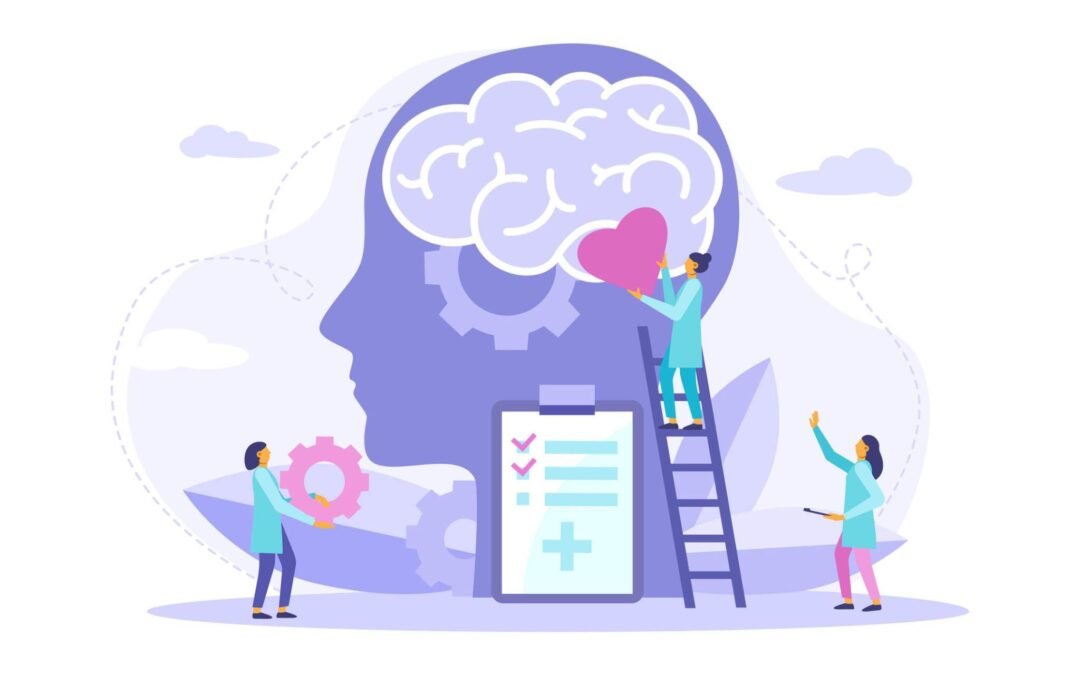1. Seek Professional Support:
Therapy: Consider psychotherapy or counseling, such as cognitive-behavioral therapy (CBT), or support therapy, to explore and address the root causes of your depression.
Medication: Consult with a psychiatrist or a psychiatric mental health nurse practitioner (PMHNP)to determine if medication is a suitable option for managing your symptoms.
2. Build a Support System:
Connect with Loved Ones: Share your feelings with trusted friends or family members who can offer support and understanding.
Join Support Groups: Engage in communities or groups where individuals share similar experiences, providing a sense of camaraderie.

3. Establish a Routine:
Set Regular Sleep Patterns: Prioritize sufficient and consistent sleep to support overall well-being.
Create a Daily Schedule: Structure your day with planned activities to provide a sense of purpose and accomplishment.
4. Incorporate Physical Activity:
Regular Exercise: Engage in physical activities that you enjoy, as exercise has been shown to impact mood and reduce symptoms of depression positively.
Conclusion
Managing depression is a nuanced and multifaceted journey that requires a combination of strategies, support, and self-awareness. The tips provided offer a starting point, emphasizing the importance of seeking professional help, building a strong support system, and incorporating lifestyle changes.
Understanding that there is no one-size-fits-all solution, it’s crucial to approach depression management holistically. Therapy, whether through counseling or medication, can provide valuable insights and tools for addressing the root causes of depression. Building meaningful connections with loved ones and participating in support groups contribute to a network of understanding and encouragement.
Establishing a routine, prioritizing sleep, and engaging in regular physical activity form the foundation of a healthy lifestyle, impacting both physical and mental well-being. Mindfulness and relaxation techniques provide tools to manage stress, while a balanced diet supports overall health.
Setting realistic goals, celebrating achievements, and practicing self-compassion foster a positive mindset. Avoiding alcohol and substance use, identifying and limiting stressors, and engaging in enjoyable activities contribute to a more resilient mental state.
Ultimately, the journey of managing depression requires consistency, patience, and a commitment to self-care. Progress may be gradual, and setbacks are a natural part of the process.
Remember, seeking help is a sign of strength, and with the right support and resources, individuals can navigate through the challenges of depression toward a brighter and healthier future.
References
www.betterhealth.vic.gov.au: Depression – treatment and management
www.ncbi.nlm.nih.gov: Treatments for depression
Is medication the only effective treatment for managing depression?
No, there are various approaches, including therapy, lifestyle changes, and support networks. The effectiveness depends on individual factors, and a combination of methods is often beneficial.
How long does it take to see improvements when implementing lifestyle changes for depression management?
Results vary, but consistent implementation of lifestyle changes can lead to improvements over weeks to months. Patience and persistence are crucial.
Can I manage depression without professional help?
While self-help strategies are valuable, professional guidance, such as therapy or counseling, significantly enhances the effectiveness of depression management.
What role does exercise play in managing depression?
Regular exercise has proven benefits for mental health, releasing endorphins and positively impacting mood. It is an integral part of a holistic approach to depression management.
How do I find a support system to help manage depression?
Seek connections with friends, family, or support groups. Many communities offer online and in-person support networks where individuals share experiences and coping strategies.
Can I manage depression without medication if it's not severe?
In mild cases, therapy and lifestyle changes may be sufficient. However, consulting with a mental health professional is crucial to determine the most appropriate approach for your situation.


Recent Comments